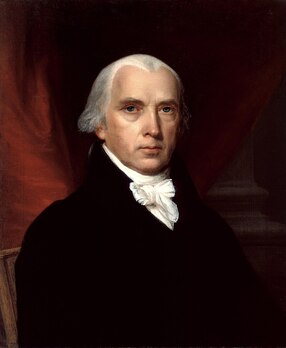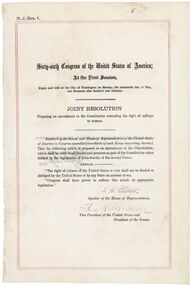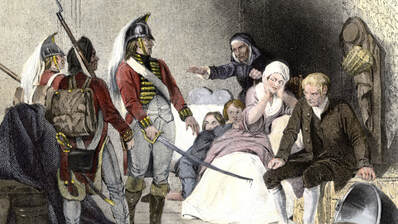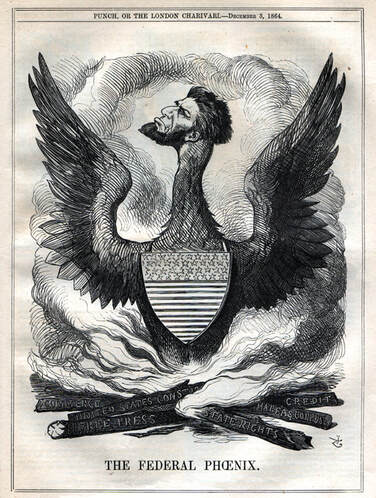The amendment's first section includes several clauses: the Citizenship Clause, Privileges or Immunities Clause, Due Process Clause, and Equal Protection Clause. The Citizenship Clause provides a broad definition of citizenship, nullifying the Supreme Court's decision in Dred Scott v. Sandford (1857), which had held that Americans descended from African slaves could not be citizens of the United States. Since the Slaughter-House Cases (1873), the Privileges or Immunities Clause has been interpreted to do very little.
The Due Process Clause prohibits state and local governments from depriving persons of life, liberty, or property without a fair procedure. The Supreme Court has ruled this clause makes most of the Bill of Rights as applicable to the states as it is to the federal government, as well as to recognize substantive and procedural requirements that state laws must satisfy. The Equal Protection Clause requires each state to provide equal protection under the law to all people, including all non-citizens, within its jurisdiction. This clause has been the basis for many decisions rejecting irrational or unnecessary discrimination against people belonging to various groups.
The second, third, and fourth sections of the amendment are seldom litigated. However, the second section's reference to "rebellion, or other crime" has been invoked as a constitutional ground for felony disenfranchisement. The fourth section was held, in Perry v. United States (1935), to prohibit a current Congress from abrogating a contract of debt incurred by a prior Congress. The fifth section gives Congress the power to enforce the amendment's provisions by "appropriate legislation"; however, under City of Boerne v. Flores (1997), this power may not be used to contradict a Supreme Court decision interpreting the amendment.





 RSS Feed
RSS Feed